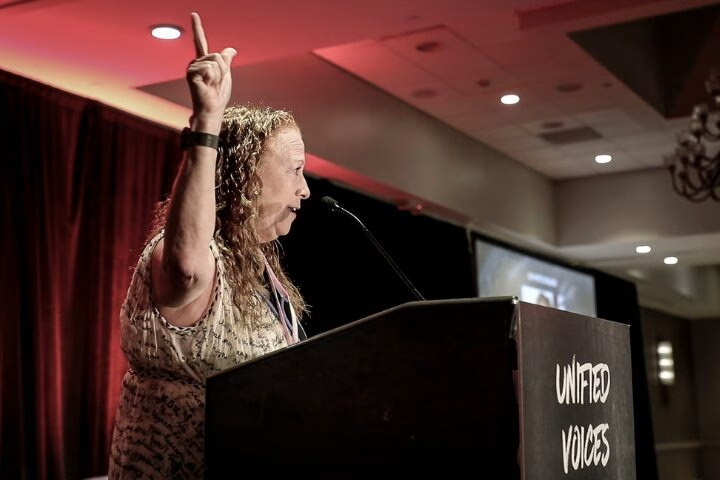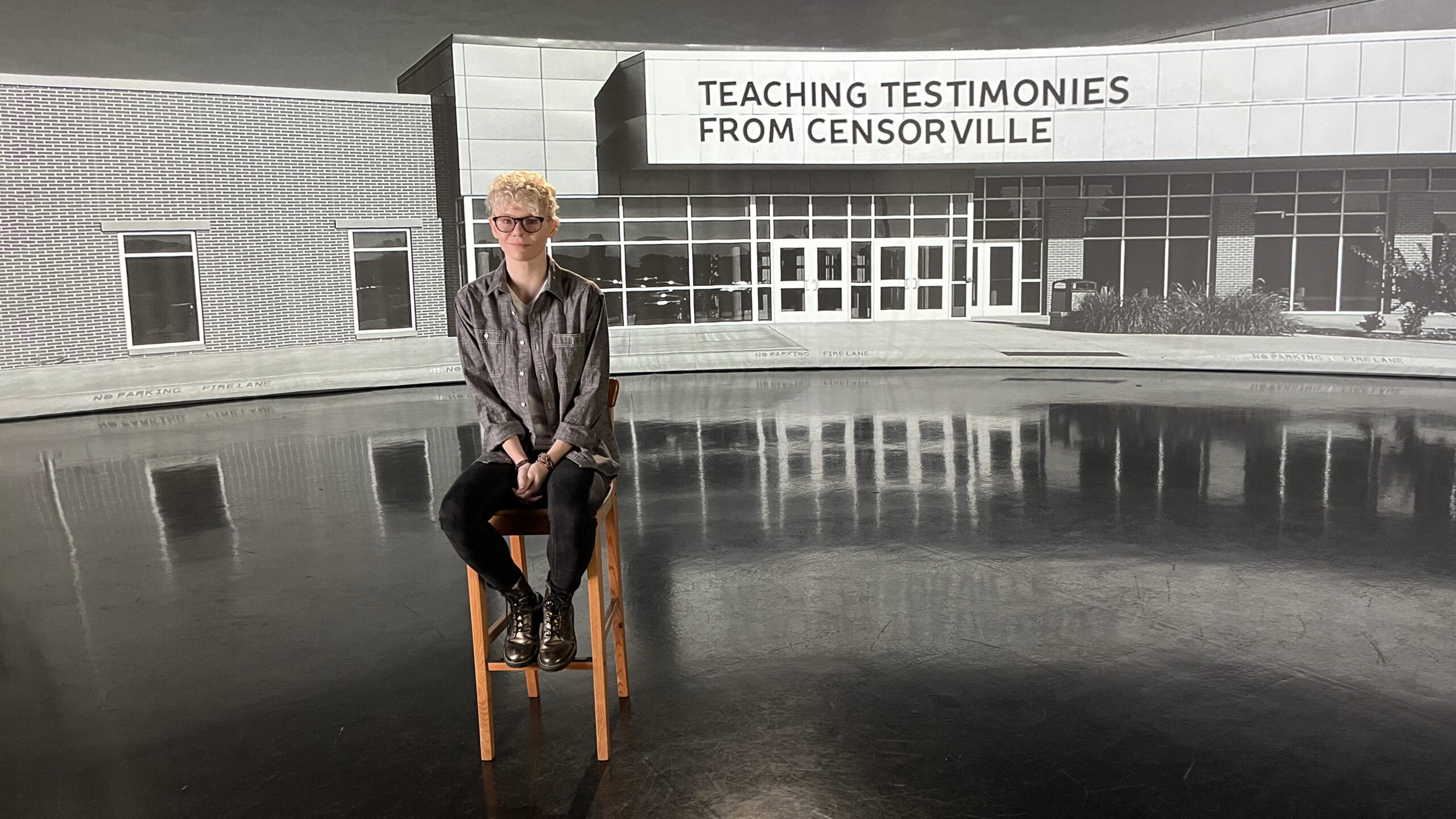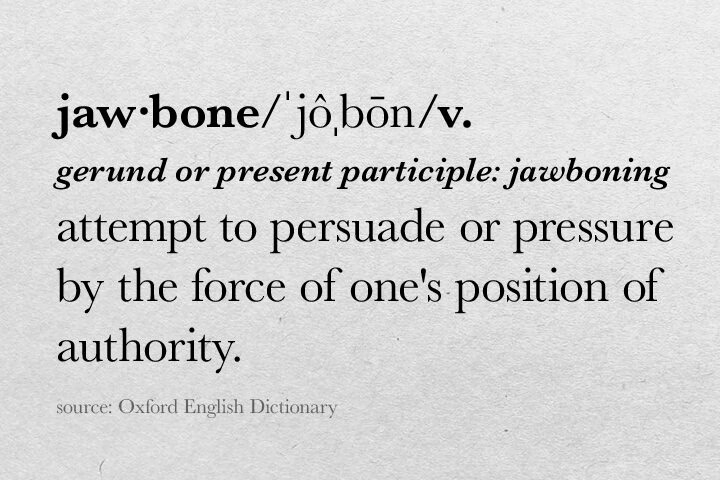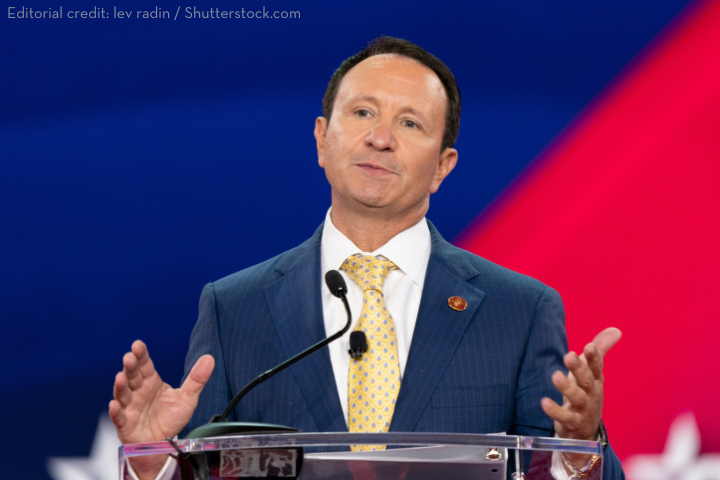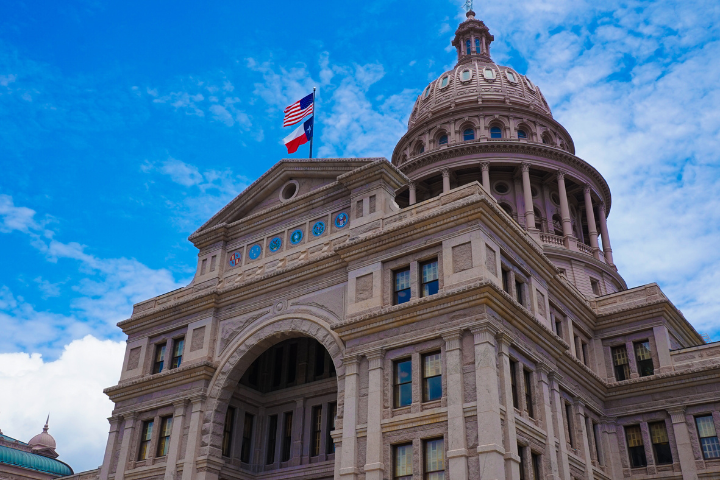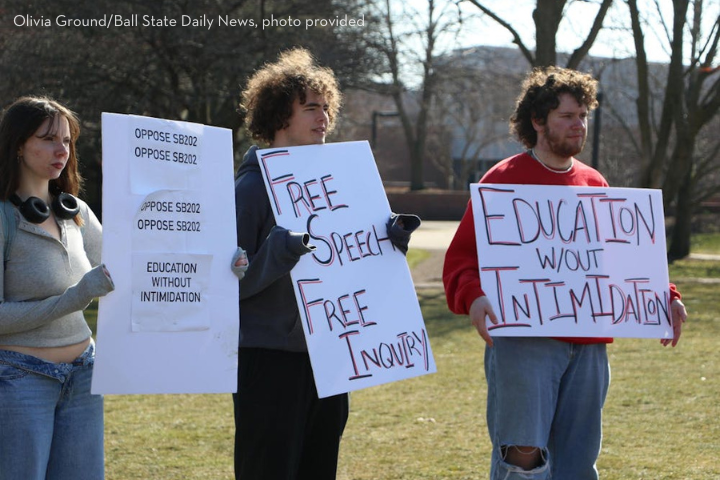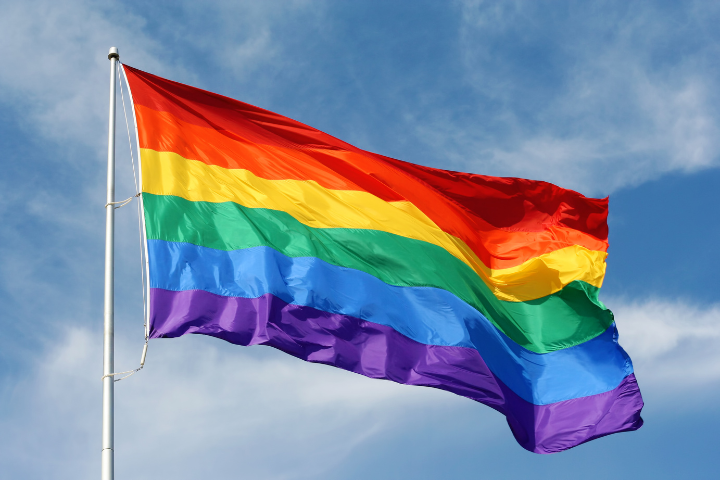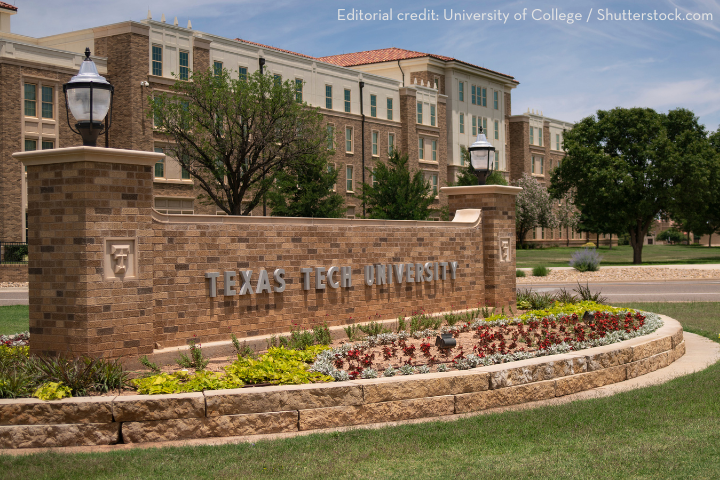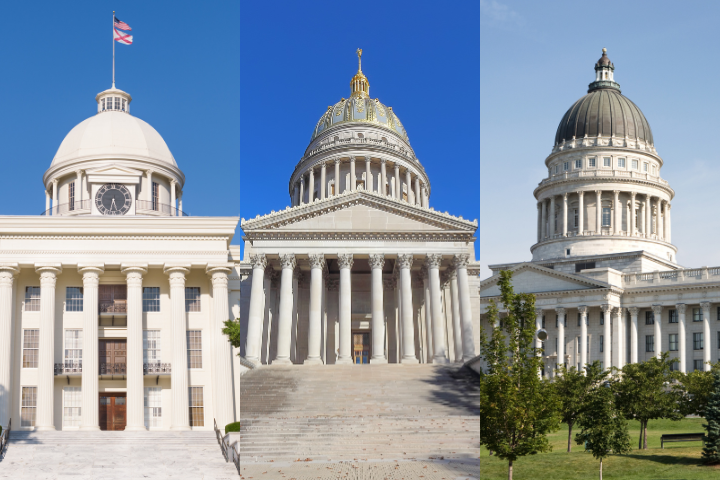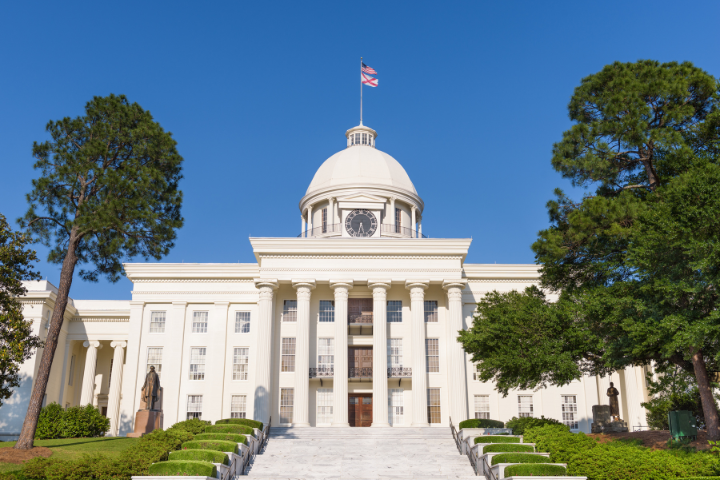Since we last wrote about Alabama SB 129, the bill has become law. And as it has been implemented, universities themselves have gone even further than the bill demands, resulting in the full closure of DEI offices on all three University of Alabama campuses.
SB 129 defines prohibited DEI programs or groups as those “where attendance is based” on a specific identity category. This could prohibit programming specific to international students, for example, or the official recognition of the Black Student Union, unless those programs and groups were open to the full community. The definition of prohibited DEI work would also prevent requiring students to participate in events, trainings and coursework that promote “divisive concepts.”
But it does not require the closure of a DEI office.
Regardless, all three schools in the University of Alabama system closed their DEI offices in response to the law, and reopened new offices under different titles; the Birmingham campus, for example, launched the Office of Access and Engagement in an effort to comply with the law and “[promote] access and success for all students.” The university further recognized the need for additional support for students who are “veterans or active-duty military,” “first-generation college students,” or “students from rural or urban areas or underperforming high schools.” In other words, many of the communities that existing DEI offices exist to serve.
The closures are a textbook example of how universities ought not to respond to educational censorship: banning offices and concepts via administrative overcompliance that are not banned by law. As we said in a recent post on “jawboning,” only when university leaders “recognize that maintaining the autonomy of their institutions requires a willingness to defend themselves against political bullies” will this epidemic of educational censorship efforts cease.

